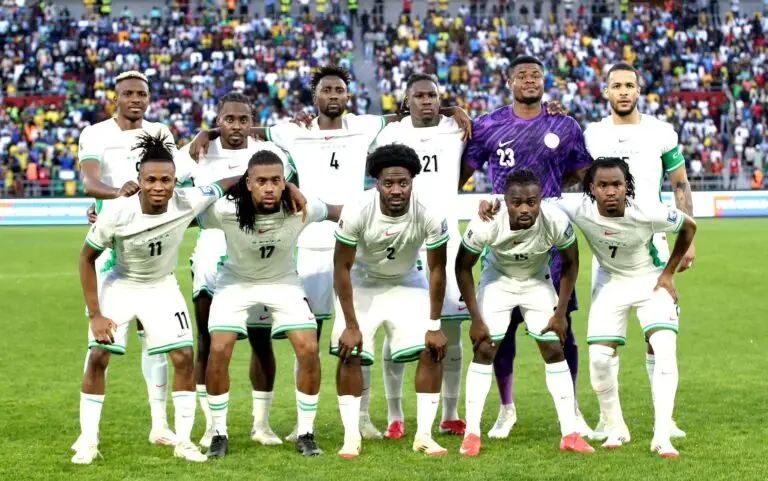
By Jacob Ajom
The latest FIFA rankings for national teams shows that Nigeria’s Super Eagles have dropped one place to 45th. The drop is a direct reflection of the state of football in Nigeria. This has intensified concerns about their faltering bid to qualify for the 2026 FIFA World Cup. The fall marks Nigeria’s lowest position in five years and has seen them overtaken by reigning African champions Côte d’Ivoire, who now sit 44th.
A general sense of frustration pervades the land. The fans are despondent and stakeholders are wondering what dragged Nigeria football to this level of continental and global insignificance. It’s almost certain to suggest that for the second consecutive World Cup, the Nigerian flag won’t be fluttering among other nations’ in the skies of Canada, Mexico and the USA, when the next edition of the Mundial kicks off next year. For Nigeria, a country that had built a frightening reputation in global football to miss two successive World Cup tournaments, even with the expanded format leaves much to be desired.
Little wonder therefore that calls for a total overhaul of the Nigeria Football Federation are growing louder by the day as the Super Eagles performance in the qualifiers is a direct index of the amount of professionalism – or lack of it, put in by those running football in the country. Nigeria’s 2026 World Cup qualifying campaign began with a 1-1 home draw with Lesotho, a 1-2 loss to the Republic of Benin in Ivory Coast, and a victory against Rwanda 2-0 in Kigali. Back at Uyo they drew 1-1 with Zimbabwe and a win against Rwanda and another back-breaking 1-1 draw with South Africa. That draw left Nigeria’s qualification hope hanging in the balance.
South Africa tops the group with 17 points, pending FIFA’s decision on their controversial use of an ineligible player. The Cheetahs of Benin are next on 14 points while Nigeria and Rwanda are on 11 points but the Super Eagles have a superior goal difference. Even if FIFA deducts points from the Bafana Bafana, Benin might turn out the likely beneficiary. So, Nigeria’s only hope lies in picking the second spot. Yet there is no guarantee that the Eagles can achieve that as South Africa are still very strong contenders for the World Cup ticket. Apart from competition from their group, there are numerous second-placed teams in other groups with higher points than the Super Eagles. Only four will be chosen for the playoff.
Where did Nigeria get it wrong?
Most observers believe that the Nigeria Football Federation should own up and admit that they have failed the nation again after being absent at the Qatar World Cup in 2022. It must be reckoned that the Super Eagles have been under the third coach in the qualifiers. They began with Peseiro, Finidi then Chelle. The level of instability in the technical crew alone could have worked against the team. They say too many cooks spoil the broth. Nothing could be truer than this.
Veteran sports journalist, Ejiro Omonode said, “When Peseiro left, a Finidi came and didn’t get the required support. He was called for a meeting with the NFF and was promised everything. But before he arrived at Port Harcourt airport, news broke that he had been relegated to the position of ceremonial head coach and a German was coming to boss him. Now that the qualifiers are almost over we are bringing out calculators to create imaginary chances. Those who are serious about the World Cup set out early.
Imagine Nigeria struggling with the likes of the Republic of Benin Rwanda and so forth.” The recruitment of coaches by the Nigeria Football Federation has been a very close secret. Each recruitment exercise is fraught with deception as the public is made to believe everything is okay. After asking qualified individuals to apply, the interviews and eventual engagement are top secrets. From the recruitment of Gernot Rohr to Jose Peseiro and now Eric Chelle it has been clear that each of them came to satisfy vested interest of some powerful members of the NFF board. Omonode said, “This still boils down to administration.
There are people who have interests in certain candidates. Like this Mali guy, I know there are about two ex-internationals in the NFF who brought him as their preferred candidate whether on merit or not.” Discerning members of the public will agree with Omonode as the Malian receives very strong backing from some members of the NFF board, despite his average performance with the Super Eagles so far. Since the ignominious exit of the home-based Super Eagles from The African Nations Championship, the NFF is yet to issue any statement on their performance.
It is doubtful if the technical committee of the football house has asked the coach for a technical report on the team’s outing in East Africa. There, Chelle failed woefully and nobody is mentioning that because he is theirs. A former Nigeria international, Victor Ikpeba gave Chelle a clean bill of health, saying he has been fantastic. Hear Ikpeba, “Chelle is doing a good job and I believe we wouldn’t be in this situation if he had started the qualifiers with the Super Eagles.” Ikpeba’s statement can be interpreted as an official endorsement of the gaffer as he is a member of the NFF Technical Committee that recommended the Malian to Nigeria.
More surprising was the statement credited to the Chairman of the National Sports Commission, Malam Shehu Dikko who was defending Chelle’s performance and how he has been able to turn around the fortunes of the Super Eagles. Hear him, “As for the World Cup, we all know where we are. When we came on board, we only had three points out of 12, but now with Eric Chelle in charge, we have eight points in another four games. If we had gotten these results before, probably, we could have been preparing to qualify for the World Cup.” With his position as the number one sports administrator in the country, Dikko should be the one asking questions. He should not be engaging in a PR job for Chelle. He should be the one to ask for the scorecard of the NFF.
Having been part of them for over a decade, perhaps, he sometimes forgets that he is now their boss. He should know that if they fail, he will be the one to face Mr President and explain why that sector failed. Apart from the random recruitment of who handles the Super Eagles, the Nigerian Football Federation has also been the bane of the team’s effort at performing well, particularly at away matches. Nigeria was taken to the Toyota stadium in Bloemfontein, a traditional rugby pitch. In what seems like a conspiracy between SAFA and CAF, the pitch was approved for the dicey match.
The NFF sat back, no advance team was sent to South Africa to inspect that pitch, no complaint and the Eagles were hosted there. It could be recalled that a week after the match which ended 1-1, a FIFA official told a Nigerian journalist that had the NFF raised any objection to the poor state of the pitch, FIFA would have done something about it. A change of venue would have been the probable option.. “We, as FIFA, do not have the capacity to inspect every stadium hosting World Cup qualifiers,” the official said. “We rely on the confederations in this case, CAF, to organise and oversee these games. If they fail to carry out their duties properly, as may have happened here, then the Nigeria Football Federation can submit a formal complaint for further review.” FIFA’s response puts the spotlight on CAF’s role in ensuring that playing surfaces for World Cup qualifiers meet international standards, the report stated..
An angry Super Eagles fan raised another salient point, while counting the sins of the NFF.and their contributions to Nigeria’s worst World Cup qualifying campaign ever. He asked, “When Lesotho and Zimbabwe chose to play their home matches in South Africa, didn’t the NFF see any danger in that?” he asked. Couldn’t they have raised an eyebrow? How can they take that without a whimper?” Indeed, it is clear, as it has turned out, that the NFF literally handed the 2026 FIFA World Cup ticket to South Africa, even before a ball was kicked.
Another factor that worked against Nigeria in the World Cup qualifiers is the quality of playing personnel. A team that parades an all-foreign based squad should not be struggling with the likes of Republic of Benin, Lesotho and Rwanda. Even the Bafana Bafana should not pose a problem to a typical Nigeria squad. Jide Oloyede, a former player of the defunct First Bank Football Club of Lagos told Sports Vanguard that Nigerian players are overrated. Said he, ” Our players are over hyped. You could see the way the South Africans were playing. They exhibited hunger and thirst for the World Cup. They were playing behind the ball and fell back to fight for the ball when they lost it. I don’t think we were prepared for what we met.”
He questioned Super Eagles players’ commitment to their country. “You and I were in this country when we had the likes of Jay Jay Okocha, Rasheed Yekini, Finidi George, Sunday Oliseh among others. These were players who wanted to write their names in gold and went the hard way for success. But the current squad are not serious minded players. The moment they land and you see them, you will know that they are not serious people. It’s not a coaching problem but the players’. They were well motivated. I have observed that these players don’t put much effort in their play like we see them do for their clubs in Europe. When they play for the national team, they don’t show the zeal of wanting to win matches like they show in their clubs’ colours. That is the reality.”
But another argument put by Omonode says it all. He talked about NFF’s lack of commitment to these players. He mentioned owed bonuses, camp allowances and poor welfare as some of the disincentives militating against camp harmony. Players feel they are being used without commensurate appreciation. The former Sports editor of Guardian said, “Administration flows into the players. The players are the end products. For instance, Victor Osimhen is injured in Turkey and Ola Aina in the UK. Has anybody cared to check on them to know how they are recovering? Can we say a person has been sent to Turkey or England to see these players?
“From when these fixtures were made, you call these players, engage them in a heart to heart discussion on how you intend to prosecute the qualifiers. But again, you can’t be calling on these players when you are owing them past allowances and bonuses. So, sometimes they don’t have the moral standing to call on them.”
As the nation continues to lick its wounds and brood over missed opportunities it is incumbent on stakeholders of Nigerian football to effect the changes required to fix Nigeria football.
The post Super Eagles 2026 World Cup Qualifiers: NFF’s missteps and a nation’s sinking hope appeared first on Vanguard News.



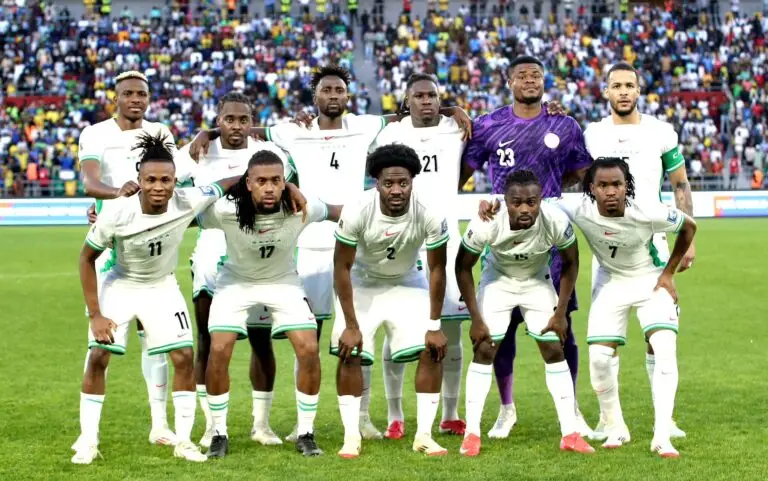

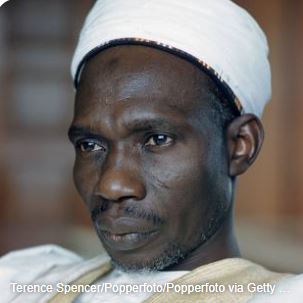
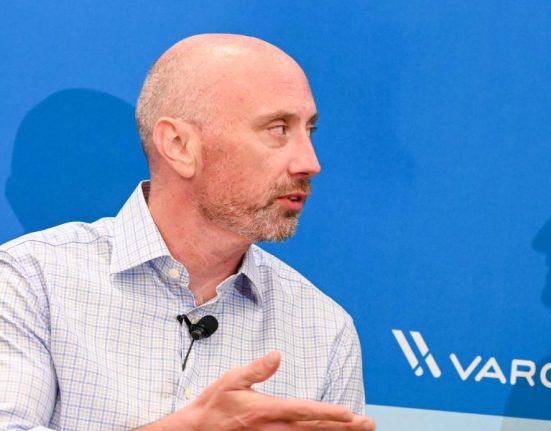
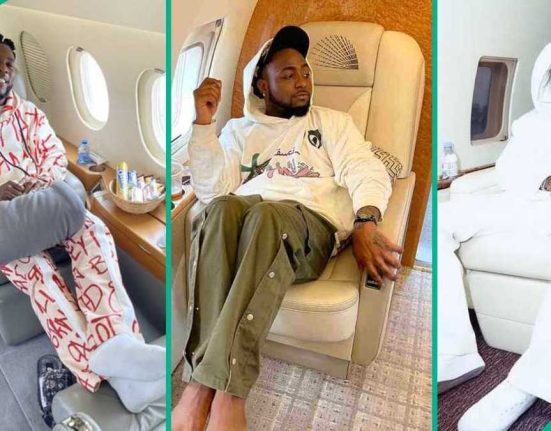
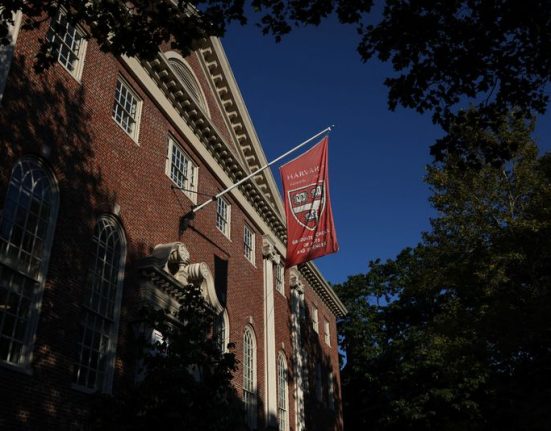
Leave feedback about this